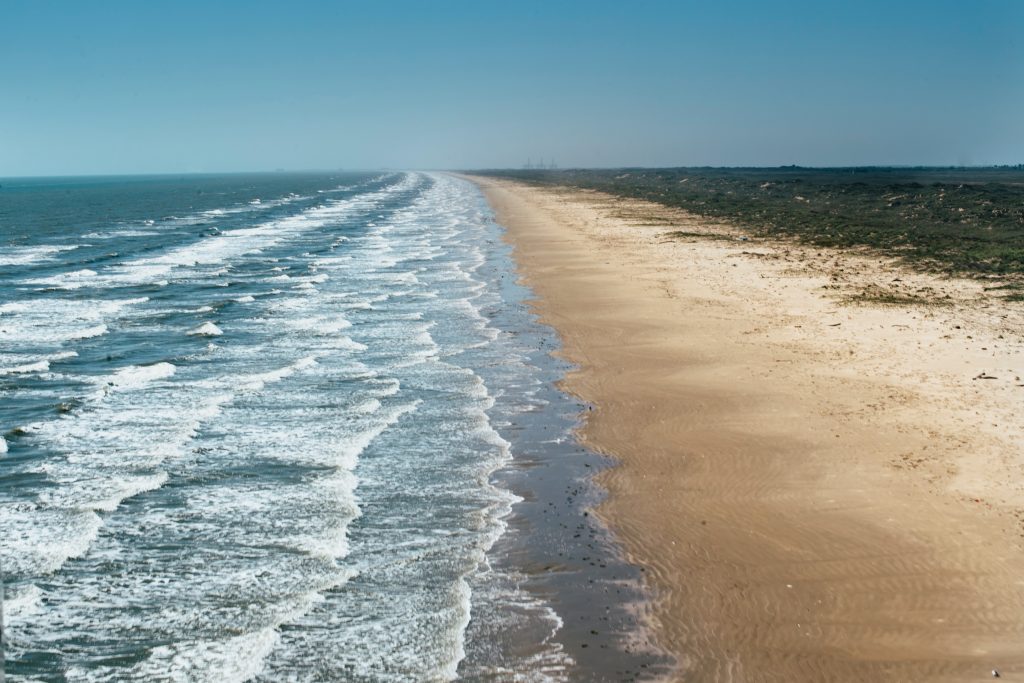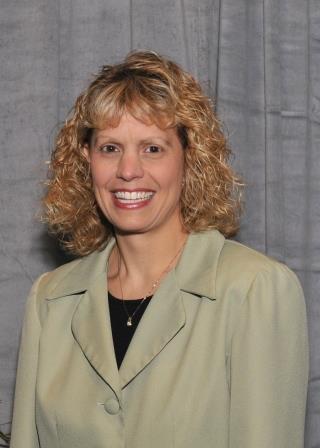Research on offshore workers’ safety culture advanced by major grant
Stephanie Payne of the Department of Psychological & Brain Sciences was awarded a $943,000 grant by the National Academies of Sciences, Engineering, and Medicine for her work on the safety culture of offshore workers in the Gulf Coast oil and gas industry.

By Alix Poth ’18
Stephanie Payne, professor in the Department of Psychological & Brain Sciences, was recently awarded a $943,000 grant for her work as project director and research in the safety culture of offshore workers in the Gulf Coast oil and gas industry. The project is in collaboration with Farzan Sasangohar and Ranjana Mehta from the Department of Industrial and Systems Engineering Department, and received one of eight grant awards given by the Gulf Research Program (GRP) of the National Academies of Sciences, Engineering, and Medicine.
“This award will allow us to advance the science of safety culture in offshore environments and facilitate getting information about employees’ perceptions of safety and readiness in front of first-line supervisors who make day-to-day safety-related decisions,” Payne said.
From the GRP press release:
Gulf Research Program Awards $7.25 Million to Eight Projects Working to Advance Safety Culture in the Offshore Oil and Gas Industry
WASHINGTON — The Gulf Research Program (GRP) of the National Academies of Sciences, Engineering, and Medicine announced on Jan. 16 $7.25 million in grant awards for eight projects focused on strengthening safety culture in the offshore oil and gas industry.
Oil and gas production in deepwater are inherently hazardous activities that can fail in complex, catastrophic ways, as tragically shown by the Deepwater Horizon explosion in the Gulf of Mexico and the 87-day oil spill that ensued 10 years ago. While many factors led to this disaster, several reports issued in the aftermath emphasized the need for an improved safety culture within the offshore oil and gas industry. A robust safety culture has many dimensions, including leadership commitment to safety values and actions, a safe environment for raising concerns or reporting incidents and “near misses,” and organizational policies and practices that encourage employees to make safe decisions.
The GRP’s Safer Offshore Energy Systems (SOES) Grants 4 supports projects that produce datasets, strategies, and tools for measurement that will promote a culture of safety in the oil and gas industry. As the industry will continue to be a vital part of the Gulf Coast economy, this work is urgently needed to ensure protection of people and the environment.
“A culture of safety has many characteristics,” said Kelly Oskvig, senior program officer for the Gulf Research Program’s SOES initiatives. “Through this grants competition, we hope to provide the tools to help strengthen some of those characteristics as well as answer a few critical questions: What best practices can oil and gas adapt from other high-risk industries? How can an organization measure improvement of its safety culture? How can data be used to better understand the dangers?”
EMPOWER Safety Dashboards: Evaluate, Measure, and Promote Offshore Worker Engagement and Readiness
Award Amount: $943,008
Project Director: Stephanie Payne (Texas A&M University)
Project Team Affiliation: Texas A&M University in cooperation with Upstreams Forensics LLC
Overview: Traditionally, safety culture is measured with a lengthy annual employee survey. Survey methodology is fraught with limitations including low response rates, considerable time required to summarize and interpret data, and failure to capture meaningful changes between surveys. This project aims to develop and test field-friendly measurement tools, including experience sampling methodology and wearable devices; and to design, develop, and evaluate the value of a dashboard called EMPOWER (Evaluate, Measure, Promote Offshore Worker Engagement and Readiness). The EMPOWER dashboard will display worker psychological (safety culture) and physiological (lack of fatigue or readiness) data on an interactive interface that supervisors can access daily to support organizational decision making. The research team will evaluate the extent to which supervisors value and anticipate using such previously unavailable data in real time; as well as the data’s impact on hypothetical offshore scenario-based decision-making.
Read more about the award here.

